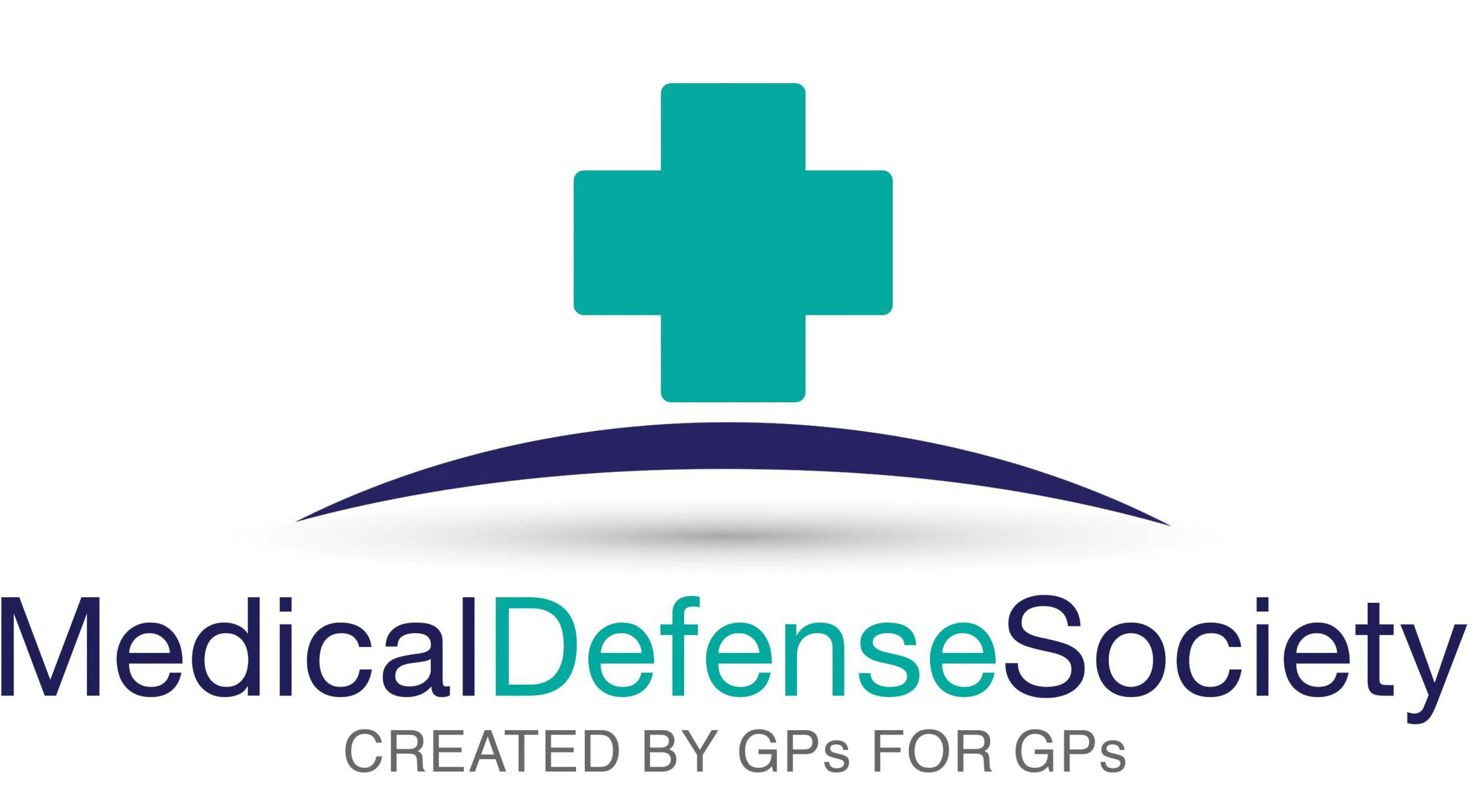In recent years, the general practice workforce has been working incredibly hard under extreme pressure to deliver care, as safely and effectively as possible, to an ever-growing patient population. Despite these efforts, GP staff have faced a sharp rise in patient complaints and violent abuse, harming their emotional and physical wellbeing and leading to substantial legal and financial costs.
How should primary care teams manage these pervasive issues? Here, we examine the problems in more detail, and the guidance for dealing with complaints and abusive behaviour.
The toll of rising levels of complaints and violence
NHS data shows a concerning rise in formal complaints and patient aggression against primary care staff, issues which are taking a heavy toll on general practice. Unfortunately, abuse towards GP staff has become widespread and normalised. A survey of staff working in primary care found that in the past three years, almost all had experienced verbal abuse, and nearly half reported physical violence or threats. Many, particularly frontline receptionists, face daily harassment, including sexism and racism, leaving some staff to view abuse as an unavoidable part of the job. Press reports have also highlighted incidents of violence against general practice buildings as well as staff, and the issue of online abuse, including threats to kill.
Such persistent abuse has a detrimental effect on staff morale and may have serious consequences for workers’ physical and mental health. While the constant threat of abuse or complaints increases stress and the risk of burnout, physical attacks can leave workers with injuries, mental trauma, and could even lead to disability or death. Practice managers have expressed concern that the problems are causing staff to leave. Meanwhile, increasing expenditure on claims against GPs (£9m more in 2023/24 than in 2022/23) and the escalating costs of dealing with abuse and violence are exacerbating the situation by diverting resources away from patient care.
Why are primary care staff being targeted?
Mounting pressures on both patients and practices have contributed to the situation. The pandemic, followed by the cost-of-living crisis and the NHS backlog have led to increasing patient demand for GP services, with consequent frustration over long waits for appointments. The most common issues reported in patient complaints have related to appointments, clinical treatment, communication, and staff attitudes or behaviour. Patients often expect more than general practice can deliver, especially as staff struggle with limited time and resources.
Negative media and political rhetoric have further eroded trust in recent years, leaving GPs unfairly blamed for systemic failings, declining satisfaction, and delays largely outside their control. This has increased the risk of staff being abused and subjected to complaints and regulatory actions.
So what should GP staff do when faced with complaints or threats and abuse?
Guidance on dealing with complaints
It is essential to deal with complaints promptly. It may be possible to avoid a formal complaint if an issue raised orally is resolved to the patient’s satisfaction within 24 hours; in other cases, it is important to acknowledge the complaint and explain the next steps, managing the patient’s expectations to avoid any escalation.
The British Medical Association (BMA) provides guidance for GPs and practices on dealing with complaints. Key points for practices in England include:
- GPs must have a complaints procedure.
- Practices must appoint a complaints manager and a ‘responsible person’ (a partner, in the case of a partnership).
- Any complaint made orally and resolved by the end of the next working day is not considered an official complaint.
- Written complaints should be dealt with according to the complaints procedure.
- If a complaint is made directly to an NHS practice, the practice is obligated to deal with it; failure to comply with the complaints procedure may be considered a breach of contract.
- An official complaint must be acknowledged by letter or phone (keeping a record) within three working days, stating that the complaint will be investigated.
- The investigator should arrange a meeting with the complainant to discuss the complaint and direction for the investigation.
The Care Quality Commission (CQC) also explains expectations in ‘GP mythbuster 103: Complaints management’, including that complainants must be treated with respect and courtesy and assisted to understand the complaints procedure. Responses must be issued promptly, fully and honestly, and an apology should be made when appropriate.
While time limits apply for making a complaint, the regulations do not state a timescale for responding; this should be agreed with the complainant during the acknowledgement process. The final response should include the outcome and any action taken.
Guidance on reducing the risk of violent behaviour
In ‘Preventing and reducing violence towards staff’, the BMA emphasises that “NHS staff should be protected and assault should never be considered part of the job”. HSE provides guidance for employers on reducing the risk of work-related violence in health and care, which covers risk assessment, control measures, training and response strategies.
As advised by these resources, key actions for primary care employers include:
- Sharing a violence reduction policy with all staff.
- Performing risk assessments and implementing solutions to reduce the risk of violence, considering space, layout and staff security.
- Training staff on how to react to or calm down abusive patients.
- Encouraging and supporting staff to report all violence incidents.
- Debriefing with staff after an incident.
- Ensuring staff can access physical and mental support.
- Collecting and monitoring data on incidents of abuse.
Recommended key actions for GPs and other staff include:
- Being familiar with the violence reduction policy and completing any training.
- Reporting incidents to management or to the police in cases of physical attacks or serious threatening or verbal abuse.
When a patient is violent or exhibiting threatening behaviour, the BMA advises immediate removal of the patient from the practice list. The patient can then be provided with GP services in a secure environment at a designated practice via the special allocation scheme. However, the step of removing the patient from the practice list should be a last resort, used only when the police have been informed about violent or threatening behaviour.
In other cases of abuse, the BMA recommends first seeking advice from an independent party. The practice may issue an official warning, giving the reasons why the patient might be removed, followed up by removal from the practice list if the abuse is repeated within 12 months. However, in the first instance, before issuing a formal warning, practices may find it helpful to write politely to a patient to remind them to behave appropriately. All cases should be recorded in an incident log to ensure that persistent abuse is monitored.
The BMA also offers advice on dealing with social media abuse from patients.
What else can be done to protect staff?
A variety of interventions have been implemented locally or nationally to address violence and abuse against healthcare staff. These include:
- Staff training, such as the eLearning course, ‘An Introduction to Violence Prevention and Reduction’, from NHS England and the Royal Society for Public Health.
- Patient education initiatives, such as the West Yorkshire Health and Care Partnership campaign video, ‘Leaving a gap’.
- Improved security measures such as CCTV, additional lighting, glass screens in reception, and secure access for internal doors.
- Steps to protect individual members of staff who have been threatened or attacked, such as ensuring that relevant information is securely recorded and shared appropriately, and removing names of staff from practice websites and notice boards.
- The MAPAG (Managing abusive patients in general practice: Advisory Group) initiative, set up by North Yorkshire Integrated Care Board to support frontline clinicians in challenging situations, dealing with patients who often have complex mental health needs. The RCGP proposed that this initiative should be replicated across the UK.
Regulations and standards
Further details of relevant regulations for NHS providers are available in:
- The Local Authority Social Services and National Health Service Complaints (England) Regulations (2009)
- Regulation 16: Receiving and acting on complaints, in the Health and Social Care Act 2008 (Regulated Activities) Regulations 2014
- The Health and Safety at Work Act 1974
- The Assaults on Emergency Workers (Offences) Act 2018.
Complementing the legislation is the NHS violence prevention and reduction (VPR) standard. Primary care organisations are encouraged to use this risk-based framework to support safeguarding staff against violence and abuse. Under the NHS Standard Contract, services must declare to the board twice a year that they have met the standard.
Medico-legal advice
Seek medico-legal advice from Medical Defense Society as early as possible if you receive a complaint or experience any kind of abuse or threatening behaviour.
With complaints rising and safety concerns growing in practices, our role as defenders and advocates has never been more important. We stand by doctors with guidance and legal protection, so no GP feels alone when facing an angry patient or a regulatory letter.


Recent Comments